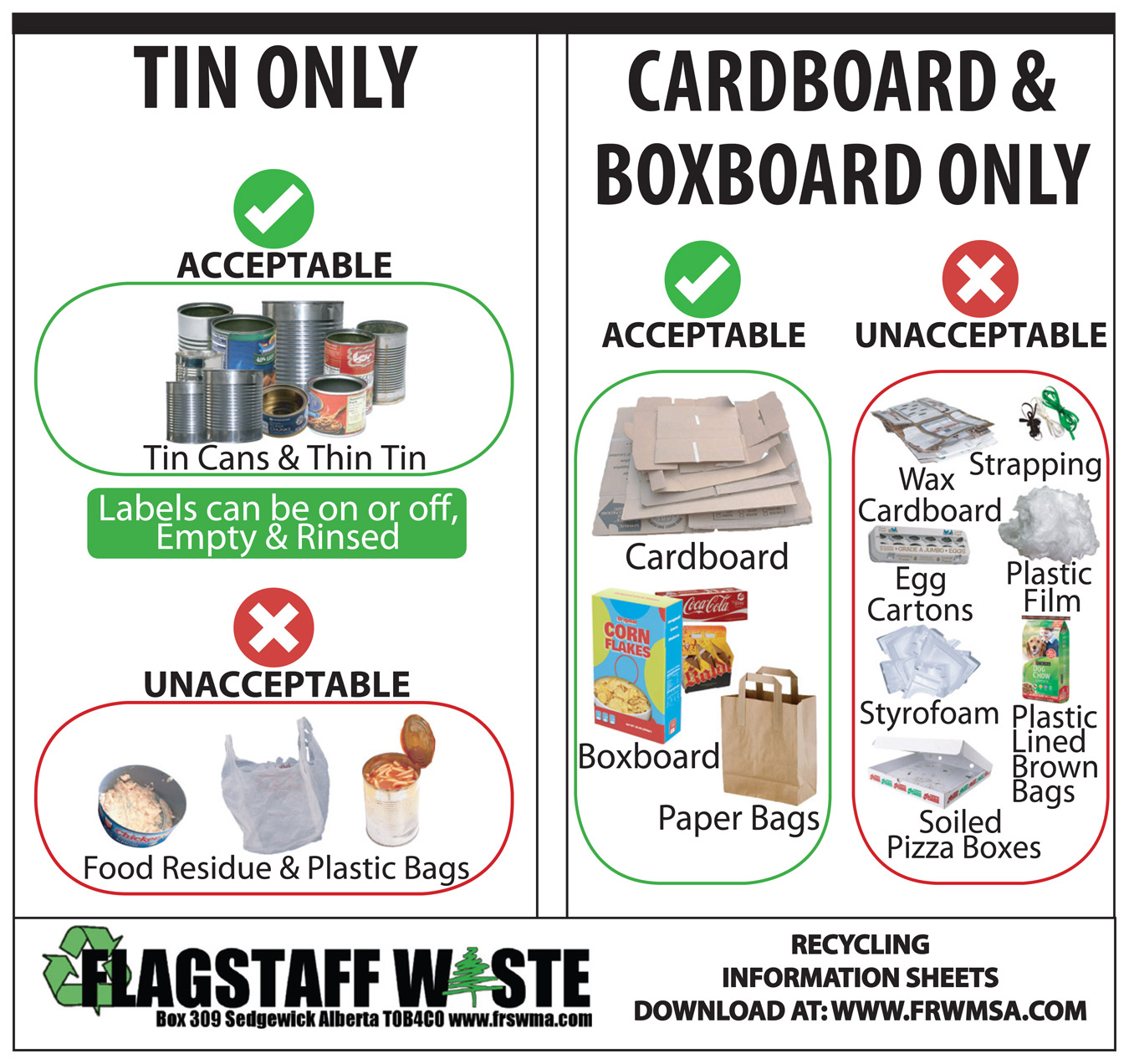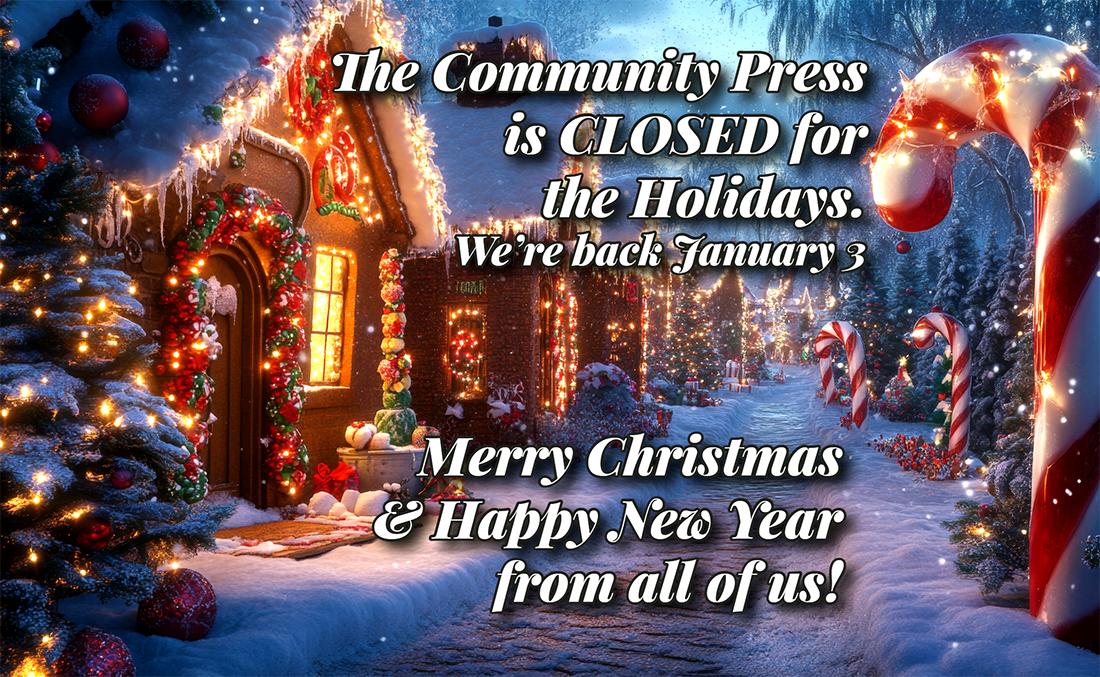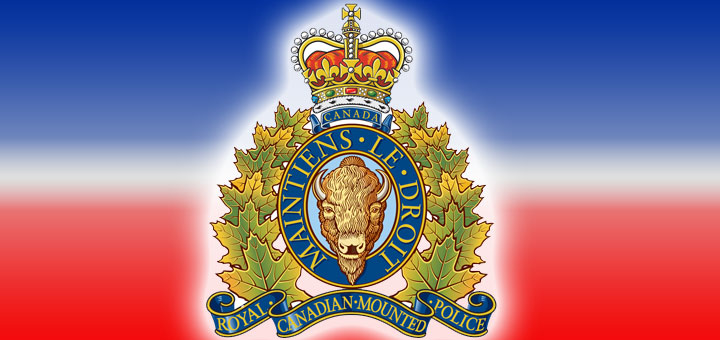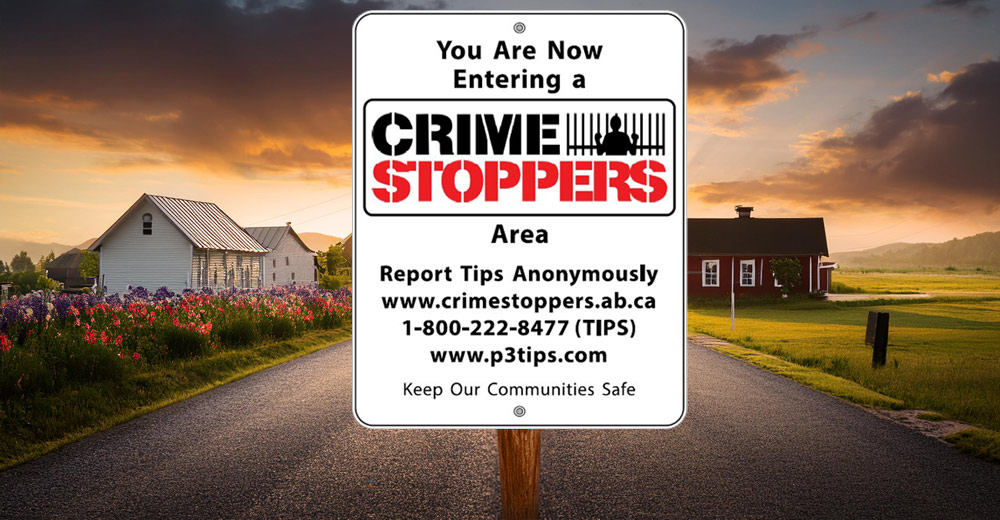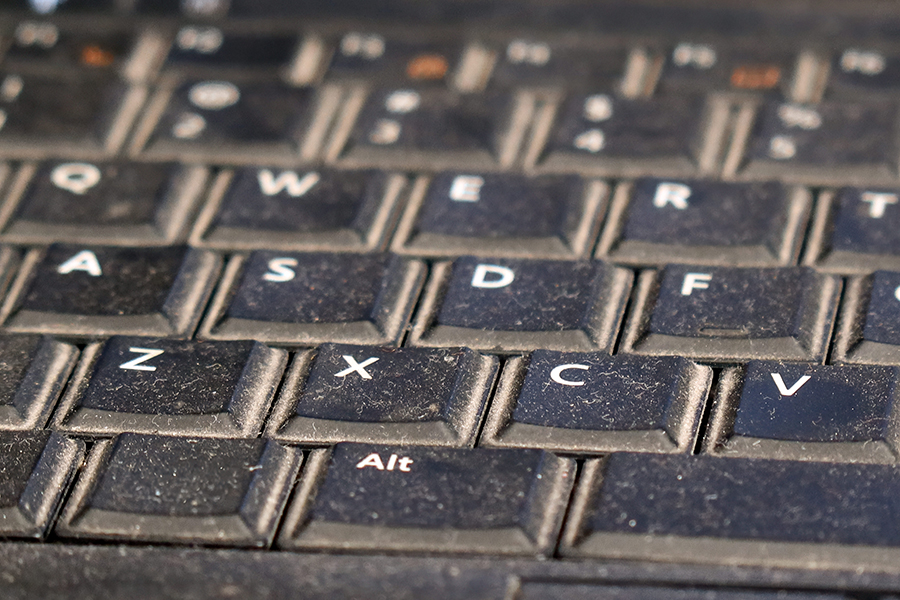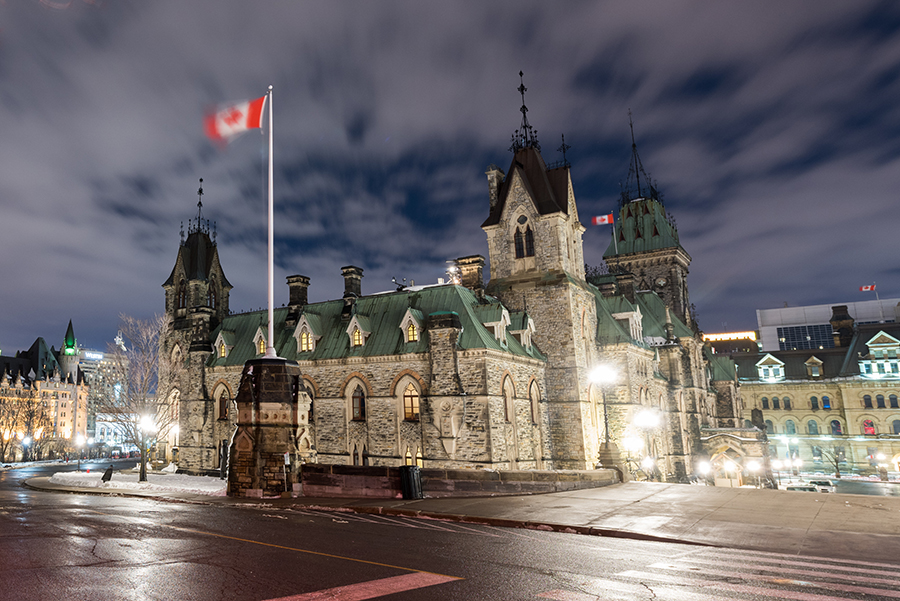Flagstaff Waste Management expecting successful composting season
Flagstaff Waste Management collects garden and yard waste from communities throughout the region every summer, and from that produces some high quality compost.
“It all starts at our free weekends,” says Murray Hampshire, Manager at Flagstaff Waste. “We accept leaves, and plant matter, and grass clippings only.
“We do a plant-based compost on a relatively short time frame,” he says.
“If we were to include kitchen scraps, or plastic ‘compostable’ bags, our process would take substantially longer, and it would change the biology of our composting program.”
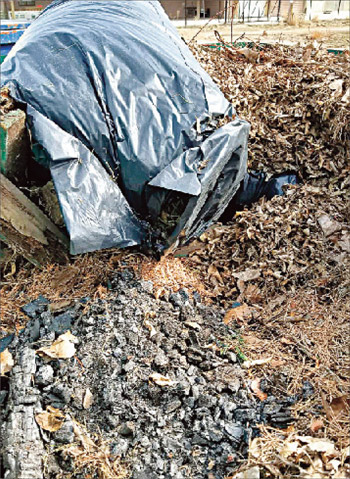
Hampshire says the plastic bags that are compost safe do eventually break down, but not soon enough for the type of program run by Flagstaff Waste.
He’d also rather you empty your bags and boxes and take them home, as neither are desirable in the compost bins.
Two of the biggest issues they continually deal with are regular green plastic bags, filled with waste and just dumped into compost bins and tree branches.
Hampshire says that tree branch collection is completely different from garden waste, and usually undertaken by the municipality.
“Some collect them at specified sites, some collect them door to door if they are a certain size and bundled together,” he says, “but we don’t collect them at all.”
He says that somehow every year people mistake the term ‘yard waste’ for yard cleanup, and there’s almost always a barbeque, or this year already, piles of ashes and partially burned wood from a fire pit plus green garbage bags full of who knows what in the Lougheed bin.
“That’s a bit scary, to see ashes dumped in a dry composting bin,” he says.
Too much contamination turns the bin into landfill fodder, and that’s the last thing Hampshire wants to see with this type of waste.
Organic waste like grass clippings and garden matter breaks down over time into while the rest of the landfill materials are generally inert, and dry.
That means once they are buried, they don’t typically break down into solids and liquids, most don’t decompose at all, that’s why they are at the landfill.
However, if too much garden material is included, and imagine the yard waste produced by every lawn and every garden in Flagstaff, that does decompose, as every composter knows, something you just don’t want at a dry landfill.
Flagstaff Waste’s recycling and composting programs work hard to extend the lifespan of the landfill.
Adding bins of yard waste that are contaminated by thoughtlessness or ignorance to the landfill comes with its own difficulties and uses up precious space.
When the yard waste is clean, and deposited correctly, it is composted into beautiful black earth that is stockpiled to be used as cover.
David Dahl, Diversions Operations Coordinator for Flagstaff Waste, is working on a new information poster that will be posted on each yard waste bin, and also available for download from www.frswma.com.
The poster will indicate what can and can’t be put in the compost/yard waste bins.
There are currently posters available for all the other home recycling programs, including: office paper, newsprint, tin, cardboard, plastics, and cardboard on the Flagstaff Waste website that can be printed and used as labels for at-home bins, too.
Read this and so much more in the latest edition of The Community Press – available on newsstands now!
Never miss an issue – become a subscriber today! Click here!
Print is still the most effective medium. Attract LOCAL customers by supporting LOCAL media. ADVERTISE!
ads@thecommunitypress.com
Leslie Cholowsky
Editor


